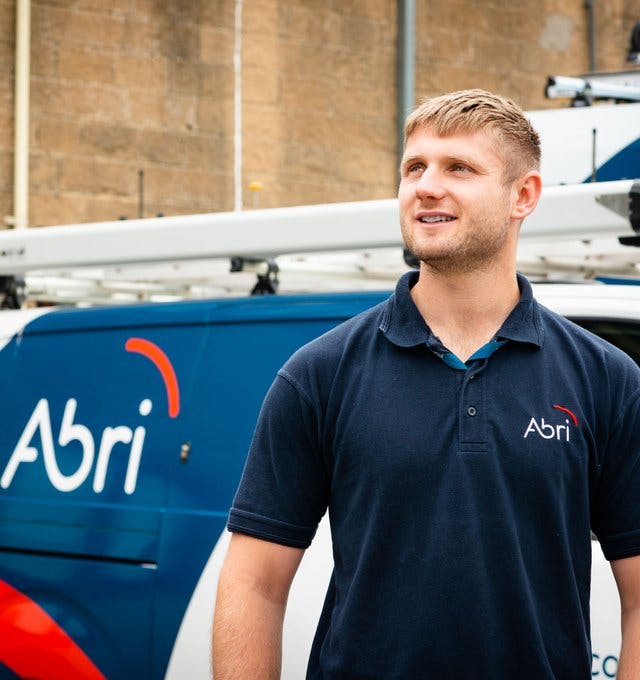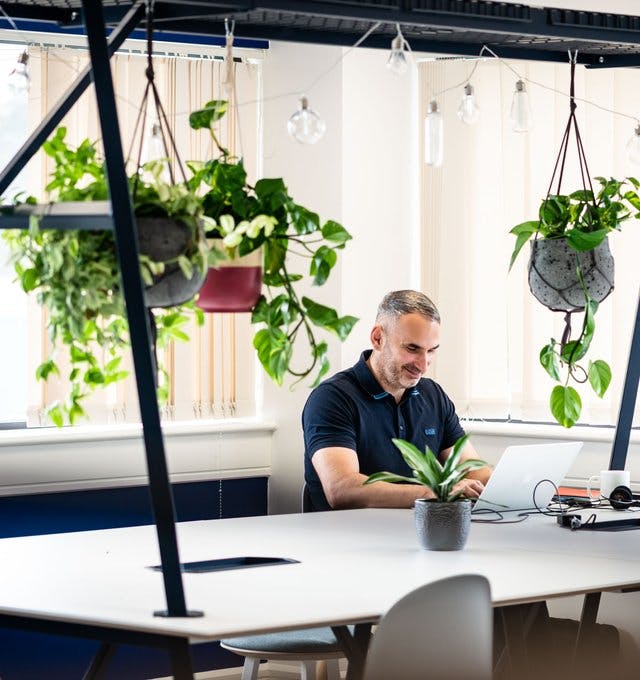Financial performance

- Turnover has increased by £2m year on year. Income from rentals increased by £7m, with an additional £3m from Help to Buy, but property transactions suffered a reduction of £7m.
- Turnover from social tenures has increased by £7.0m to £182m and contributes 81% of the Group’s turnover, following 700 additions in the year. Income from market rent units increased marginally to £4.1m.
- Income from tranche sales contributes £26.7m, with no market sales completed in the year, against a combined £34.8m in total in 2019/20. Activity on commercial sales was severely disrupted by the Covid-19 pandemic during the first national lockdown in Quarter 1 of 2020/21, with activity subsequently recovering and remaining resilient despite further lockdown measures in place during other times in the year.
- Income from Help to Buy transactions was £2.5m higher than the prior year; during the prior year the Group was awarded the extended Help to Buy South contract following a tender process with Homes England, leading to a significant increase in volumes.
- The Group utilised the Governments Coronavirus Job Retention Scheme, claiming a total of £1.3m in mitigation for staff costs incurred whist services were unable to be delivered. A small number of employees remained on furlough at the end of the financial year.
- The Group benefits from a range of other income streams, including the provision of support services, garage rental, photovoltaic panels and the provision of other services, which in aggregate generate an additional £6.4m income – accounting for 3% of total turnover.
- Cost of sales have reduced by £3.9m, consistent with the reduction in sales, although margins showed a notable decline from 22% to 12% year on year.
- Operating costs increased by £7.4m in 2020/21, driven by the increase in scale of the Group following the partnership in the previous year. Employee costs increased by £7.6m to £59.9m to provide capacity to deliver the required change to our operating model and investment in our assets, in line with the 15% increase in employee numbers. A third of this increase related to the staffing required to operate the Help to Buy contract.
- During the year, we have also provided a further £5.0m for remedial works to a further five blocks in excess of 11m in height and revisions to existing provision for four blocks in excess of 18m in height, where round-the-clock waking watches continue to be provided to ensure the safety of our customers.
- Surpluses generated on the sale of fixed assets have reduced from £8.5m to £6.9m, with over half this total generated by staircasing transactions, led by a notable reduction in activity under Right to Buy and Acquire legislation. Staircasing remaining the most significant category of activity, generating 42% of the overall surplus, down marginally from 47% in the previous year. Overall margins were in line with 2019/20 at 40%.
- The significant increase in operating costs has supressed operating surpluses, which have reduced from £59m to £56m and from 27% to 25% accordingly; excluding the exceptional replacement cladding provision, our operating surplus increased to 27%.
- Net interest costs have increased by £0.4m, with the portfolio of loans and borrowings stable for most of the year. Interest costs were £0.9m higher than the prior year, reflecting the bond sales that took place during 2019/20, with a full year of charges now incurred. Servicing fees were also £0.9m higher because of ongoing Group Optimisation work, including the restructuring of funding arrangements in the Group. The capitalisation of interest costs reduced interest costs recognised in the Statement of Comprehensive Income by £4.3m, £1.9m higher than the year before.
- The Group continued to generate income from surplus funds; loans to jointly controlled entities earned £3.0m, in line with the prior year.
- Following the conclusion of negotiations with funders, the Group incurred an exceptional re-financing cost in March 2021 of £27.0m, being the cost of early breaks to embedded fixed rate swaps in our portfolio of variable rate borrowing, with a material impact on the results for the financial year.
- The Group benefitted from a £1.6m increase in the value of market rent and commercial properties, largely due to the strength of the property market despite the wider economic outlook.
- The Group’s share of joint venture performance improved notably during the year, with a surplus of £2.6m set against a previous deficit of £1.3m, mainly driven from performance at Pease Pottage where the demand for, and selling price of units completed, exceeded expectation.
- The refinancing costs incurred have led to the Group recording a deficit before tax of £5.4m, at a negative 2% margin. Adjusting for exceptional items, including cladding provisions and re-financing costs, our net margin has reduced from 14% to 12%.
- In other comprehensive income, there have been significant actuarial losses across the defined benefit pension scheme portfolio of £35m, most notably within the Radian Group Pension Scheme.
Financial position

Housing properties have increased by £100m, driven by 699 additions, predominantly for affordable rents and shared ownership, including the £25m purchase of 258 units from LiveWest in April 2021. Our social housing stock, with a carrying value of £2.0bn, represents 95% of our fixed asset base.
Within current assets, our closing cash position of £139m is £98m lower than the prior year. Our housing properties available for sale are nearly double the prior year at £51m; the balance at year end is primarily attributable to shared ownership properties under construction, with only £5m of completed stock unsold at year end. Receivables have reduced by £26m, with the prior year closing balance including the prepayment to LiveWest for the second stage purchase.
Payables less than one year are £8m higher than the prior year, with increases in trade payables, accruals and contract retentions offsetting a £4m reduction in loans and borrowings. Payables greater than one year are £10m lower than at the end of 2019/20, primarily driven by a reduction in loans and borrowings. The value of our defined benefit pension liabilities has increased by nearly three-quarters to £81m, owing mainly to external market factors at the reporting date
Following the results of the year, our Group funds are £490m, including £370m of revenue reserve.


